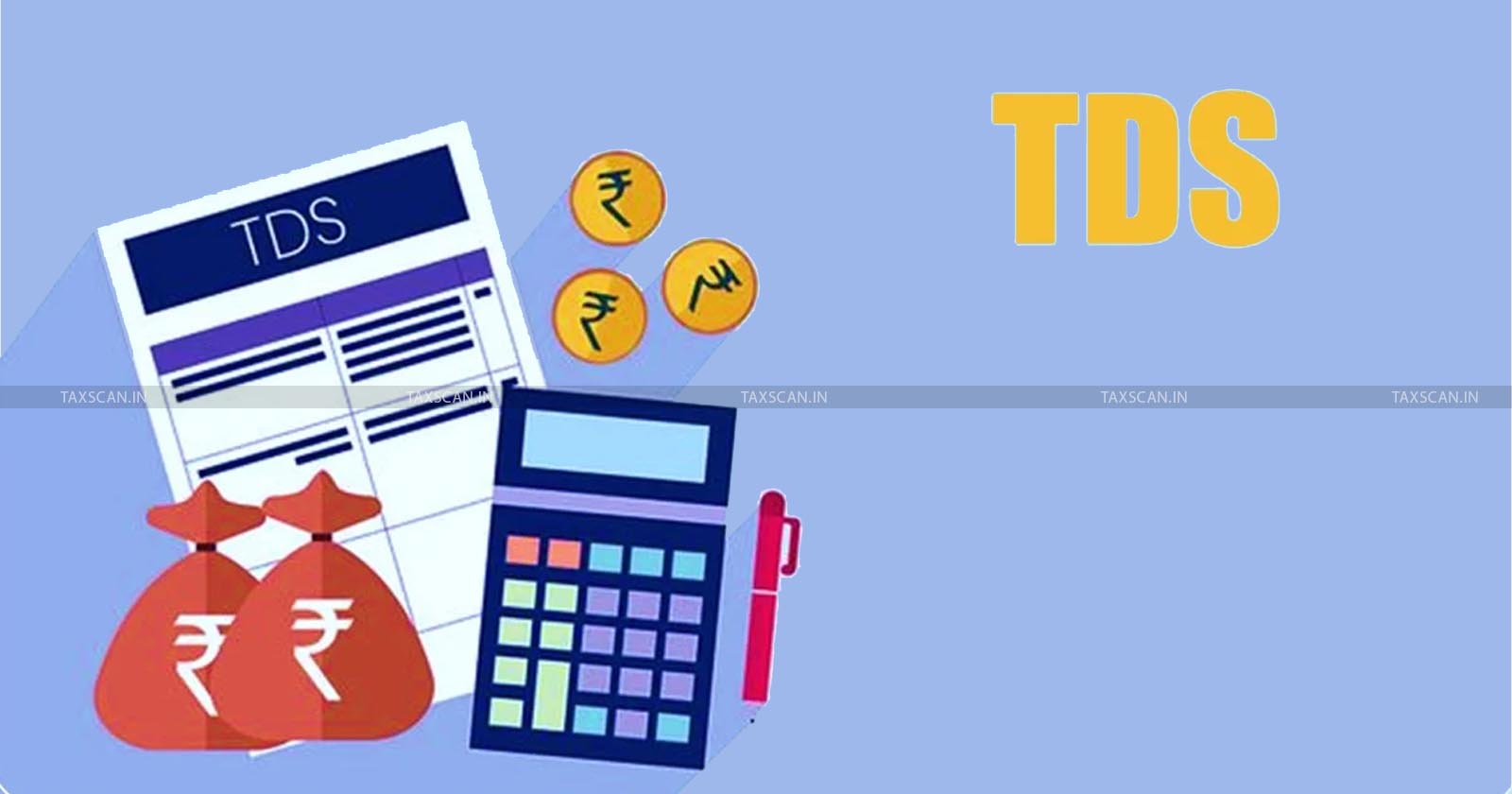Employee cannot be penalized when employer failed to perform his duty to deposit TDS with revenue: Delhi HC [Read Order]
Although the petition was granted, the Delhi High Court decided that an employee could not be punished for his employer's failure to deposit taxes at the source.

Employee – duty – TDS – revenue – Delhi HC – taxscan
Employee – duty – TDS – revenue – Delhi HC – taxscan
In a significant case, the Delhi High Court, while allowing the petition, held that the employee could not be penalized when the employer failed to perform his duty to deposit Tax Deduction at Source.
The petitioner, Harshdip Singh Dhillon, was employed with Tulip Telecom Ltd. as Associate Vice-President from November 2011 to May 2013, resigning on 07.05.2013 with effect from 09.05.2013.
The employer collected Tax at Source (TAS) from the petitioner's salaries for the assessment years 2011–12 and 2012–13. However, the employer failed to deposit the tax withheld for the assessment year 2012–13 with the income tax authorities.
The petitioner notified the relevant Income Tax Officials of the default when the employer failed to provide the necessary TDS certificate, but no action was taken. The petitioner filed a petition seeking winding up of the employer company (Company Petition No. 192/2014 under Section 433(e)&(f) read with Section 434 of the Companies Act), and a liquidator was appointed.
The respondent/revenue issued a notification on 03.12.2015, raising a demand of Rs. 15,77,240/- against the petitioner for overdue tax debt, instead of crediting the TDS for the assessment year 2012–13.
In response, the petitioner made various representations to the respondent/revenue, informing them about the defaults on the part of his employer. Without considering the submissions, the respondent issued a notice for demanding tax. Aggrieved by the action, the petitioner filed the writ petition before the court.
Sandeep D. Das, the counsel who appeared on behalf of the respondent, filed an affidavit stating that the amount due to the petitioner towards salary for the months of December 2012, January 2013, and March 2013 was not actually paid by the employer. Hence, the employer had no obligation to deduct tax at source, and the respondent/revenue is under no obligation to allow credit for the same.
Further, it was argued that the petitioner cannot be allowed credit for tax because Section 199 of the Act mandates giving credit only when the tax deducted at source is paid to the Central Government, which was not done in this case.
After analyzing the facts and arguments, a division bench of Justice Girish Kathpalia and Justice Rajiv Shakdher held that since the petitioner accepted salary after deduction of income tax at source, it is his employer who is liable to deposit the same with the revenue authorities. On this count, the petitioner cannot be burdened. Therefore, the bench allowed the writ petition.
Sandeep D. Das, Anandini Kumari Rathore, and Anurima Sood, advocates, appeared for the petitioner.
To Read the full text of the Order CLICK HERE
Support our journalism by subscribing to Taxscan premium. Follow us on Telegram for quick updates


